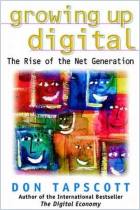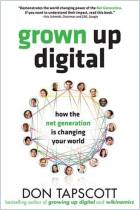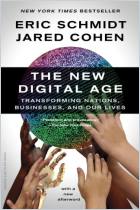
Born Digital
Understanding the First Generation of Digital Natives
Published by Basic Books, a subsidiary of Perseus Books LLC
ISBN: 9780465005154
Pages: 288
Recommendation
Many kids under the age of 15 have no idea what a typewriter is. Why would they be familiar with such an outmoded, archaic tool? They are members of “the first generation of digital natives.” Internet and law experts John Palfrey and Urs Gasser offer an accessible, informed and concerned investigation into cyberculture. Although they often indulge in platitudes and generalizations, they bring a new, useful focus to the discussion. They delve into such important issues as privacy and Internet safety, and they examine how these issues affect young people, in particular. Of necessity with this kind of structure, the authors repeat some of the same points, such as the glut of information and the interconnected nature of online life – but they do so to show how these core factors affect different areas. getAbstract recommends this book to lawmakers, hiring managers, teachers and parents who want to understand life in the cyberculture.
Summary
About the Authors
John Palfrey is the vice dean of the Harvard Law School and chairs the Internet Safety Task Force. Urs Gasser teaches law at University of St. Gallen and has written or edited six books.





















Comment on this summary or Démarrer une discussion